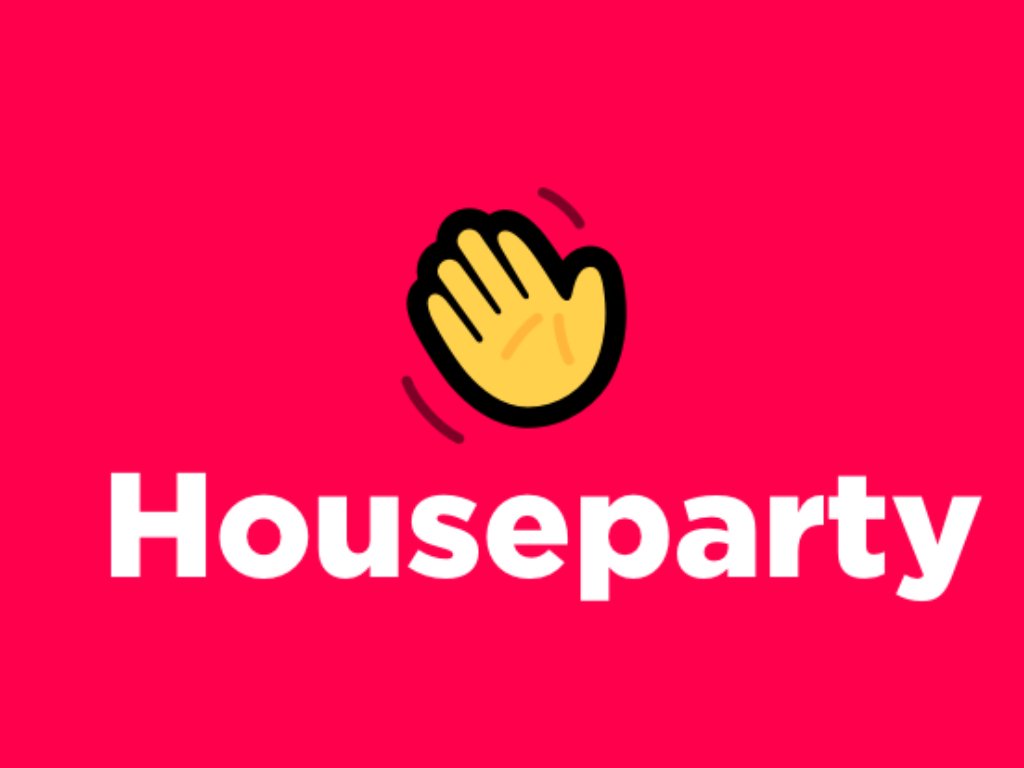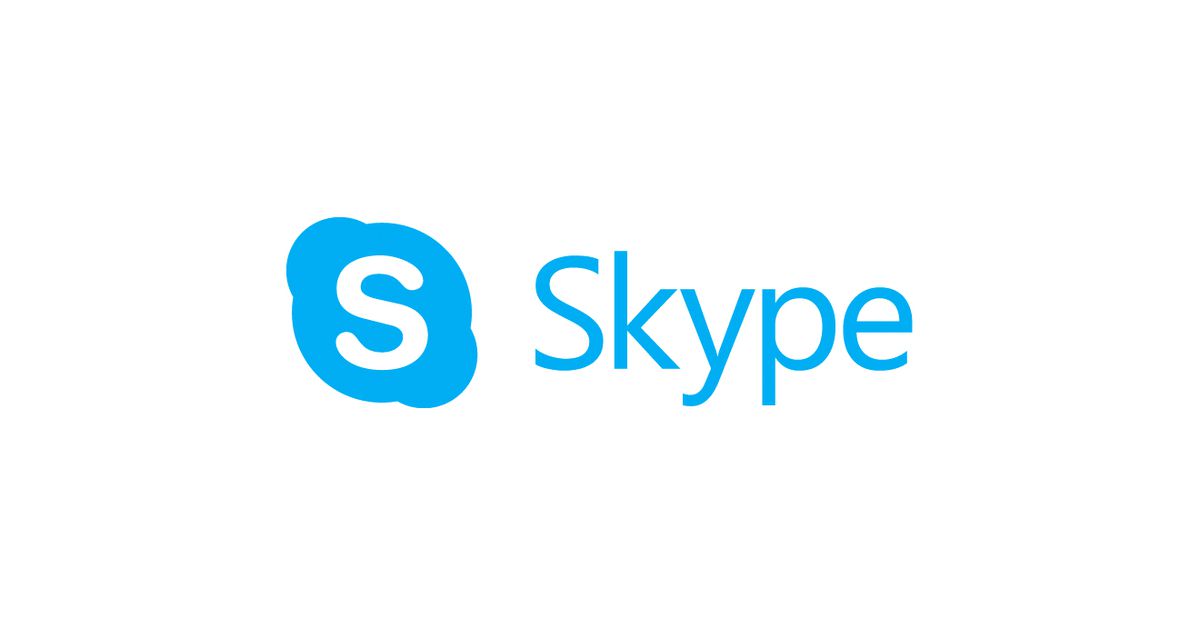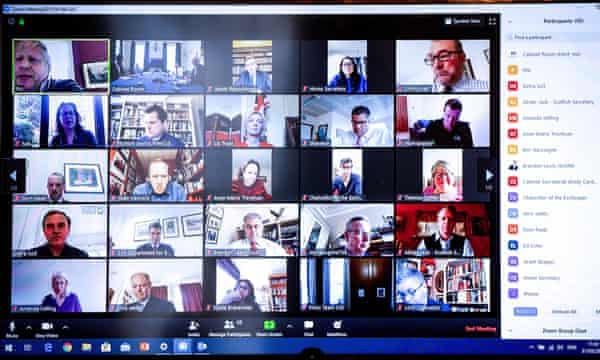A mobile app can quickly and efficiently alert people that they may have been exposed to an infected patient. Experts from the University of Oxford are looking into the feasibility of an app that identifies infected people more quickly, maps their recent personal contacts and notifies people they came in contact with that they are at risk of being infected. Such an app would significantly help limit the spread of the coronavirus. Because according to their analysis, the spread of the virus seems to happen in almost half of the cases in the period when an infected person has no symptoms yet. And current methods of tracing contact between infected people and their environment are too slow to track the virus.
According to the researchers, the concept of instant mobile apps is very simple. “When a person is diagnosed, the people he has been in contact with recently receive an immediate message advising them to isolate themselves,” said Professor Christophe Fraser of Oxford University’s Big Data Institute. ‘If the app is developed and implemented quickly, and enough people use the app, we can slow down the spread of the coronavirus and counteract its consequences.’
According to the researchers, everyone doesn’t need to use the app. “If the app helps to isolate the majority of those infected and traces the majority of their contacts, we have a chance to stop the epidemic,” says Dr. David Bonsall, a researcher at the Nuffield Department of Medicine in Oxford. “But of course, the more people sign up, the faster the epidemic can be stopped, and the more lives saved.”
Current methods do not work
The expert explains why current methods of contact tracking don’t work. Research of data from other countries shows that the contact history of patients is incomplete. For example, we don’t know the details of the person sitting next to us on the bus. And the coronavirus is also spreading quickly. We need an anonymous digital solution to compile our personal contact history and notify everyone we have contacted. Now that App Development Brisbane companies are coming up with useful options, you can expect the best.
The Oxford University team emphasizes that the mobile app should be combined with all other known measures to slow the spread of the infections, at least until vaccines and antiviral treatments become available. Washing hands regularly and hygiene remains essential and avoids close contact, especially in densely populated areas.
In South Korea, app developers are already a step further. When the coronavirus outbreak reached the Korean peninsula, they immediately took action. Earlier this month, some apps were already on the market. With the Corona 100m app, you can see if there are infected patients in your area. You will also be shown when and where they were diagnosed, their gender, what nationality they have, and how old they are. With the Corona Map app, you can see on a map where all patients are located, and you are advised to avoid those places. The apps are used en masse. Every Android App Development Company is on making these apps.
But, in concrete terms, how does the application work? By crossing multiple indicators on the health of users, their personal characteristics, and their interactions with other users, the application’s algorithm will determine the probability of carrying the virus. The information transmitted will translate the likelihood of infection into personalized recommendations. Users will receive notifications suggesting that they avoid going out in public places, keeping more distance, or consult to be tested.
Since the coronavirus outbreak started, various versatile information assortment apps have created the impression that permits clients to report their manifestations and track the disease. In nations like South Korea, these ‘apps’ have gone further and made it simpler for authorities to illuminate clients. In case that they have been in contact with other positive cases. We clarify how these applications work, what they are really going after how they use client data.
Recognizing and isolating COVID-19 cases is a need to slow the development of the pandemic. In particular, the WHO regularly rehashes that notwithstanding discovering, testing, isolating, and treating every constructive instance of COVID-19, it is fundamentally imperative to “follow all the contacts” that the individual has had with others to stop the spread of the infection. Versatile innovation offers an incredible asset to encourage this undertaking through ‘apps’ that gather client information. For example, the instances of nations, South Korea, have demonstrated its handiness to distinguish and inform the contacts of tainted clients. Yet, in Europe, for the present and halfway because of exacting protection guidelines, models with a usage have been picked more constrained information.
How do these applications truly work? Is it conceivable that they disregard the security of clients? What’s more, how successful would they say they are genuinely in controlling the coronavirus pandemic? We answer these and different inquiries with the assistance of Juan Murillo, an individual from the Data Strategy group at BBVA, and a specialist in the usage of ‘huge information’ for everyone’s benefit. The Android App Development Australia is offering the best quality service in these matters.
How do these ‘apps’ work?
To see how these applications work, it is first essential to recall that they don’t all work similarly. All in all, the ‘apps’ that have been propelled so far in Spain and other Western nations are centered around self-conclusion of the disease, observing indications, and revealing cases to health administrations.
For instance, the ‘AsistenciaCovid19’ application, which was first propelled as a pilot in the Community of Madrid and has now spread to different networks, offers clients the chance of entering their indications to check in case they are perfect with those of COVID-19 through a survey. In light of this data, the ‘application’ offers directions on the proper behavior, In case that it is essential to seclude yourself or contact health administrations. It likewise permits the client to follow the development of their side effects.
Alternatively, clients can likewise give through the application access to information about the area of the gadget that will be utilized “to ensure the nature of the information and its epidemiological investigation,” as clarified on the web. They should demonstrate a progression of individual information, including a contact address, in case the health administrations should contact the individual. This ‘application’ share attributes with Stop Covid19 Cat, offered in Catalonia, which, in actuality, utilizes GPS on a compulsory premise to furnish the authorities with data on the dissemination of the plague in the locale.
“These applications have the principle target of decongesting the health administrations’ helplines and gather specific sociodemographic data; for example, the sex and age of the client. Furthermore, incidentally, they pick the versatile terminal area, yet on a fundamental level, this information is utilized secretly and in the entire structure. In situations where this isn’t the situation, trustworthy consistency is done with the most recent suggestions of the European Commission regarding handling individual information “, clarifies Murillo.
Contrasts among east and west
This is one of the primary contrasts between the ‘apps’ that have been propelled so far in Spain and those that have developed in Asian nations, such as China, South Korea, or Japan. While the arrangements drove in Western countries, for the present, are restricted to gathering the vast majority of the information in an unknown and accumulated manner (that is so that it is beyond the realm of imagination to expect to recognize who produced the report), the applications made in some Eastern nations They gather a more prominent measure of individual (recognizable) information that permits the authorities to take more effective measures to control the spread of the disease.
At last, the more touchy a bit of information is from the perspective of security insurance, the more helpful it is from an epidemiological perspective, so residents can be confronted with the difficulty of picking between secrecy or accommodation, something that we do regardless day by day in the usage of online administrations. Notwithstanding, there are social components that separate the decision that residents can make in the western and eastern settings: confronted with this issue, the east consciousness of aggregate advantage beats sole rights.
On account of South Korea, the legislature propelled an ‘application’ called ‘Self-isolate security assurance’ toward the start of March, which gathers data about the client’s well-being, notwithstanding their area and the spots they have visited through your telephone’s GPS data. With this information, the application can even advise the authorities if an individual who has been isolated leaves their home and tell individuals when they have been in contact with other positive cases. The application likewise gathers information, for example, the sex and nationality of the person.









